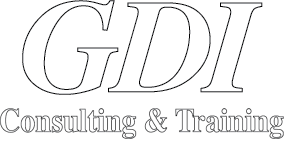GDI’s Owner & Investor Services Practice
GDI’s Owner & Investor Services Practice provides professional services that focus on increasing shareholder value by delivering exemplary corporate governance, sophisticated operational due diligence and valuation enhancement services. We primarily work in manufacturing and distribution industries.
We help our clients build effective Boards of Directors, provide Directors with appropriate governance tools, training and coaching; and evaluate their ability to govern effectively.
We demand integrity, expertise and professionalism from Board members and we emphasize sustainable growth in shareholder value as a primary goal of the Board.
Our job is to significantly increase the value of your business through improved governance practices.







